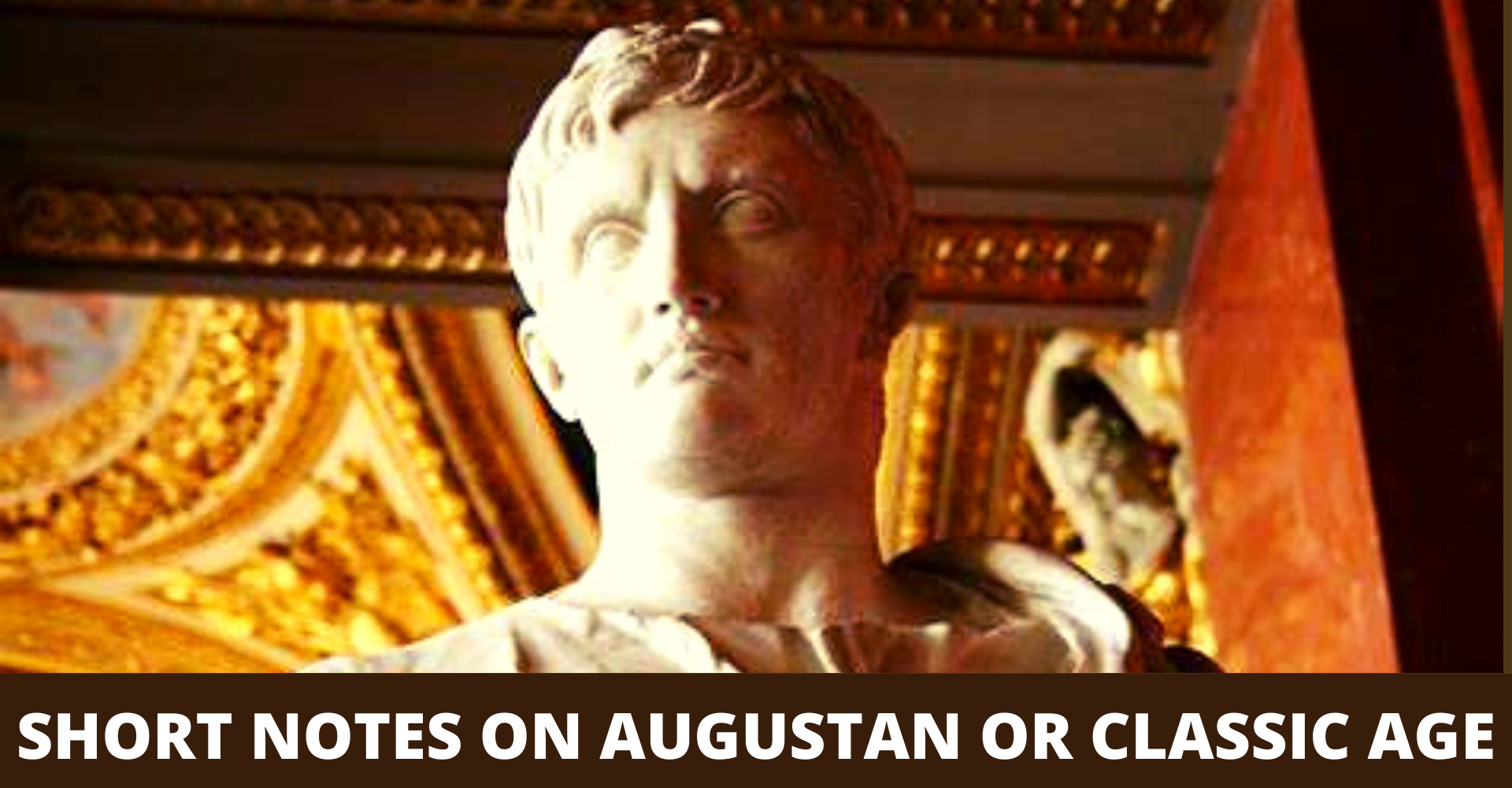History of the Period:
The revolution of 1688, which banished the last of the Stuart kings and called William of Orange to the throne, marks the end of the long struggle for political freedom in England. Thereafter the Englishman spent in tremendous energy less political discussions and in efforts to improve his government. In order to bring about reforms, votes we are now necessary; and to get votes the people of England must be approached with ideas, fact, argument, information. So the newspaper was born, and literature in its widest sense, including the book, the newspaper and the magazine, became the chief instrument of a nation’s progress.
The first half of the 18th century is remarkable for the rapid social development in England. Hitherto men had been more social or less governed by the narrow, isolated standards of the development Middle Ages and when they differed they fell speedily to blows. Now for the first time they set themselves to the task to learning the art of living together, while still holding different opinions. In a single generation nearly two thousand public coffee houses, each a center of sociability, sprang up in London alone, and the number of private clubs is quite as astonishing. This new social life had a marked effect in polishing Men’s words and manners. The typical Londoner of queen Anne’s day was still rude, and a little vulgar in his taste; the city was still very filthy, the streets unlighted and infested at night by bands of rowdies and “Mohawks”; but outwardly men Sought to refine their manners according to prevailing standards, and to be elegant, to have “good form”, was a man’s first duty, whether he entered society or wrote literature. One can hardly read a book or poem of the age without feeling this superficial elegance. Government still had its opposing Tory and Whig parties, and the church was divided into Catholics, Anglicans and Dissenters; but the growing social life offset many antagonisms, producing at least the outward impression of peace and unity. Nearly every writer of the age busied himself with religion as well as with party politics, scientist Newton as sincerely as a church man Barrow, the philosophical Locke no less earnestly than the evangelical Wesley, but nearly all tempered their zeal with moderation, and argued from reason and scripture, or used delicate satire upon their opponents, instead of denouncing them as followers of Satan. There were exceptions, of course; but the general tendency of the age was toward toleration. Man had found himself in the long struggle for personal library; now he turned to the task of discovering his neighbour, of finding in Whig and Tory, in Catholic and Protestant, in Anglican and Dissentre, the same general human characteristics that he found in himself. This good work was helped, moreover, by the spread of education and by the growth of the nation spirit, following the victories of Marlborough on the continent. In the Midst of heated argument it needed only a word- Gibraltar, Blenheim, Ramillies, Malplaquet- or a poem of victory written in a garret to tell a patriotic people that under their many differences they were all alike Englishman.
In the latter half of the century the political and social progress is almost bewildering. The modern form of cabinet government responsible to parliament and the people had been established under George l; and in 1757 the cynical and corrupt practices of Walpole, premier of the first Tory cabinet, were replaced by the more enlightened policies of Pitt. Schools were established; clubs and coffee houses increase; books and magazines multiplied until the press was the greatest visible power in England; the modern great dailies, the chronicle, Post and Times began their career of public education. Religiously, all the churches of England felt the quickening power of that tremendous spiritual revival known as Methodism, under the preaching of Wesley and Whitefield. Outside her own borders three great men – Clive in India, Wolfe on the plain of Abraham, Cook in Australia and the islands of he Pacinc were unturling the banner of St. George over the untold wealth of New lands, and spreading the world-wide empire of the Anglo-Saxons.
Locke and Berkeley were also great thinker and philosopher of this period. He wrote an essay named “An essay concerning human understanding”. He was very influential and a great writer. Berkeley also wrote prose to advertise his views. In this way this Augustan age is very rich in good literature.











